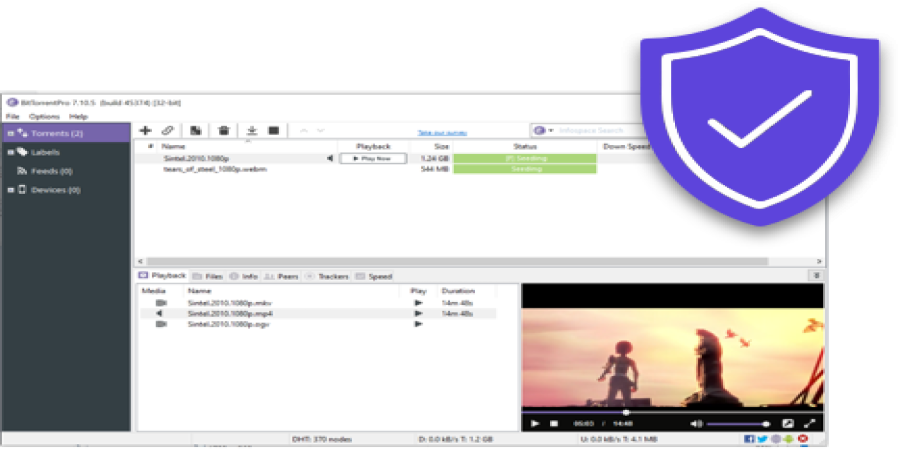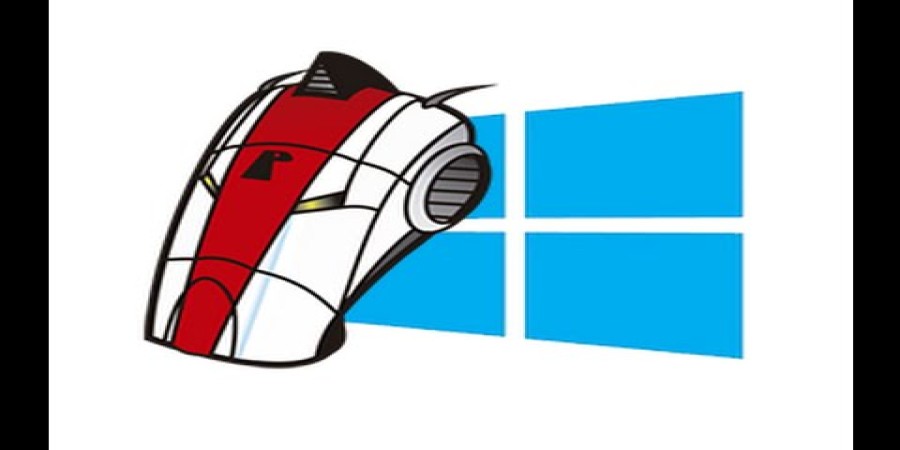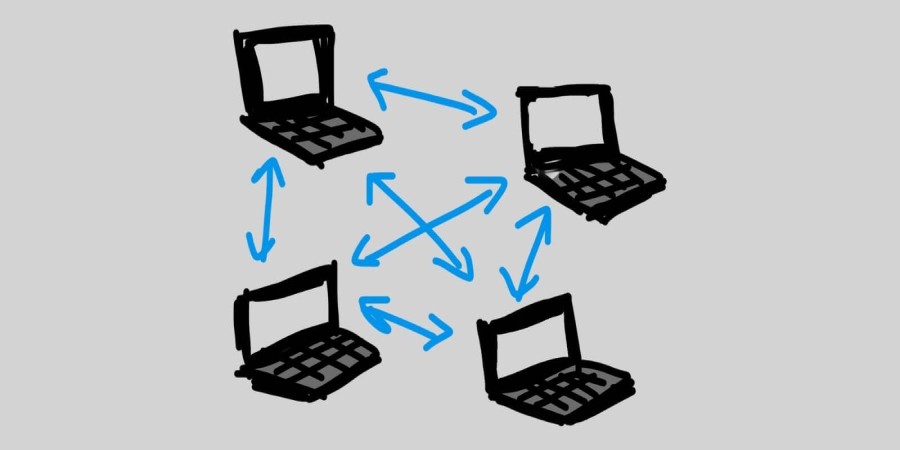

Understanding BitTorrent: The Peer-to-Peer File Sharing Program
BitTorrent is a peer-to-peer (P2P) file sharing protocol and software that revolutionized the way large files are distributed over the internet. Originally developed by Bram Cohen in 2001, BitTorrent enables users to share files in a decentralized manner, significantly reducing the load on a single server and increasing download speed and reliability.
How BitTorrent Works
Unlike traditional downloading methods, where a user downloads a file from a single source or server, BitTorrent allows users to download small parts of a file from multiple sources simultaneously. Each user who downloads a file also becomes a source for others—this is called "seeding".
Key Terminology:
-
Torrent file: A small file with the extension
.torrentthat contains metadata about the files to be shared and the tracker (server) that coordinates file distribution. -
Seeder: A user who has downloaded the entire file and is now sharing it.
-
Leecher: A user who is in the process of downloading the file.
-
Tracker: A server that helps coordinate the communication between users but doesn’t host any actual files.
Benefits of Using BitTorrent
-
Faster Downloads: By pulling data from multiple sources, users can experience higher download speeds.
-
Decentralization: Reduces dependency on a single server, making downloads more reliable.
-
Efficient Bandwidth Use: Shares the load of file distribution among users, lowering the burden on individual servers.
Legal and Ethical Considerations
While BitTorrent is a legal and efficient technology, it has often been associated with piracy. The legality of using BitTorrent depends entirely on the content being shared. Downloading or sharing copyrighted material without permission is illegal in most countries.
However, BitTorrent is also used for legitimate purposes such as:
-
Distributing open-source software (like Linux distributions)
-
Sharing large datasets
-
Backing up and syncing personal data
-
Distributing video games and updates
Popular BitTorrent Clients
Several applications are available to download and manage torrent files. Some of the most popular include:
-
qBittorrent
-
uTorrent
-
BitTorrent (official client)
-
Deluge
-
Transmission
Each offers unique features like scheduling, bandwidth control, encryption, and remote access.
Conclusion
BitTorrent remains one of the most effective technologies for distributing large files efficiently. Though often misunderstood due to its association with piracy, the protocol itself is a powerful tool for sharing data in a decentralized and scalable way. When used responsibly and legally, BitTorrent can be an invaluable asset in the digital world.
Popular articles

Apr 13, 2025 01:31 PM

Apr 13, 2025 01:30 PM

Apr 13, 2025 01:41 PM

Apr 13, 2025 01:23 PM

Apr 13, 2025 01:27 PM
Categories
Comments (0)